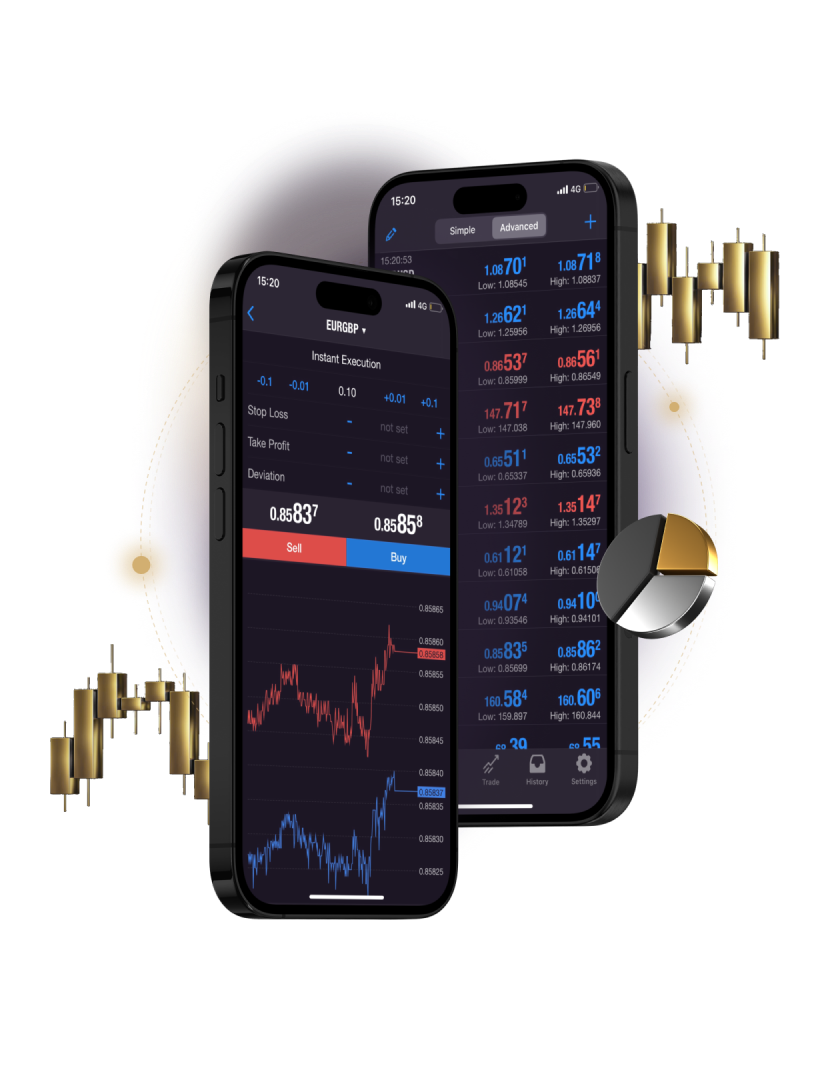Is Forex Trading Right for You? Pros and Cons Explained

Forex trading, the act of buying and selling currencies in the foreign exchange market, has gained immense popularity over recent years. With a daily trading volume exceeding $7.5 trillion in 2023, it’s no surprise that the appeal of forex trading continues to grow. However, before jumping into the market, it’s essential to weigh the pros and cons to see if it aligns with your goals and risk tolerance.
The Pros of Forex Trading
1. High Liquidity
The forex market is one of the most liquid financial markets globally. With trades happening 24/5, there’s almost always someone willing to buy or sell a currency pair. This liquidity reduces price manipulation and ensures fast, reliable trade execution, making it an attractive option for traders seeking quick entry and exit points.
2. Leverage Opportunities
Forex trading offers significant leverage compared to stocks or indices. Brokers often provide leverage ratios as high as 50:1 or 100:1, meaning you can control positions much larger than your initial investment. For experienced and disciplined traders, this allows the potential to generate higher returns relative to their capital.
3. Accessibility and Flexibility
Forex trading is highly accessible, even for beginners. Most brokers provide user-friendly platforms and demo accounts to practice trading strategies. Furthermore, it is open 24 hours a day, offering flexibility for individuals in different time zones or those with full-time jobs.
4. Diverse Trading Options
The forex market provides access to a variety of currency pairs, from major pairs like EUR/USD to exotic currencies. This diversity allows traders to explore opportunities based on global events, economic policies, and market trends.
The Cons of Forex Trading
1. High Volatility
While volatility can create profit opportunities, it also poses significant risks. Currency values can fluctuate unpredictably due to geopolitical events, economic releases, or even market sentiment. This makes forex trading highly risky, especially for beginners unprepared for rapid price shifts.
2. Leverage Risks
While leverage is a double-edged sword, it’s crucial to highlight the potential downsides. While it can multiply your profits, it can also amplify losses. A single bad trade can result in losing more than your initial deposit if risk management practices aren’t followed.
3. Steep Learning Curve
Success in forex trading requires a deep understanding of technical and fundamental analysis, trading platforms, and global economic dynamics. For new traders, the learning curve can be steep and may require months or even years of practice.
4. Emotional Stress
Forex trading demands a strong mental resolve. The fast-paced nature of the market, coupled with the potential for high losses, can lead to emotional decision-making, which often results in costly errors.